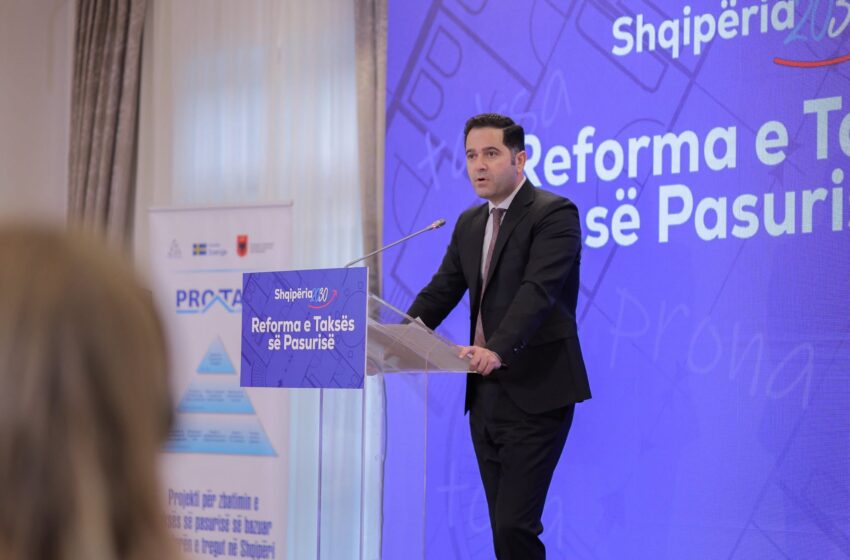Albania sees record housing price surge in early 2025, demand remains high despite slow sales

Albania’s housing market has entered a new phase of sharp price increases, according to the latest data published by the Bank of Albania. During the first half of 2025, average housing prices nationwide rose by 14.6% compared to the previous six months, and by a staggering 41.7% year-on-year.
Why is this important: The rapid price increase highlights deepening imbalances between housing demand and supply, with new construction entering the market more slowly while buyer interest remains strong.
Context: According to the Bank of Albania “The national Fischer Index for housing prices increased sharply by 14.6% from the previous half and by 41.7% compared to the same period last year. The rise reflects higher reported prices across all regions.”
In the capital Tirana, prices grew by 5.1% within the first six months and 32.6% on an annual basis. Meanwhile, the time needed to sell an apartment has also lengthened considerably, now averaging 11.1 months, up from 7.1 months previously. This suggests that despite higher prices, the market is cooling slightly in terms of transaction speed.
A total of 1,959 properties were reported sold nationwide, more than double compared to the last period. Of these, about 58% were financed through bank loans, most of which covered up to 60% of the property’s value.
Rental demand rising too: The report also highlights growing demand and prices in the rental market, especially in Tirana and central urban areas.
“Expectations for future housing prices remain positive. Net balances for housing and commercial property stand at 19% and 17%, respectively. The share of respondents expecting price drops is almost negligible,” the Bank of Albania said.
Outlook: Market agents remain optimistic for the second half of 2025. Prices are expected to continue their upward trajectory, while the number of newly listed properties is projected to remain stable. For prospective homebuyers, affordability will likely remain a major challenge.


